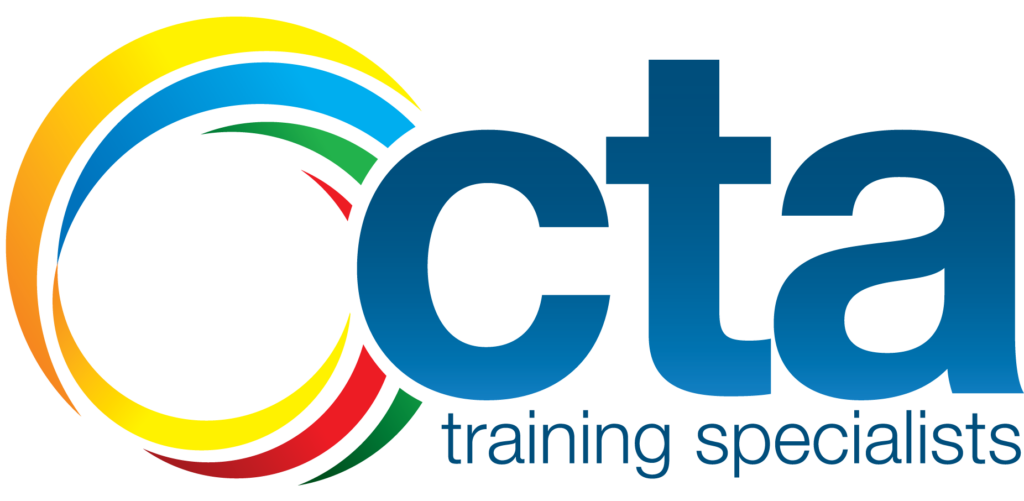RSA Online NSW
Intoxicated behaviour is always present in our community life all over the world. Drinking, whether alone or with friends, can be a fun experience but in moderation.
However, excessive alcohol can lead to unpleasant scenarios, such as struggling to stand, walk, or vomit. In worse cases, inebriation may lead to vehicular-related accidents and property damage. In New South Wales, there are steps taken to mitigate the possibility of these situations.
One of these steps is the standardisation of responsible service of alcohol (RSA) certification, which requires all servers, sellers, and suppliers of alcohol to have training and be certified before they can legally sell alcohol to their patrons in New South Wales.
This means that within the state, anyone who handles alcohol is legally obliged to prevent intoxication from occurring within the premises of their business venue. Apart from that, they are to provide a safe environment for their patrons and staff.
RSA Online NSW courses, as well as face-to-face classes, are available through RTOs nationwide.This responsibility isn’t solely restricted to servers, sellers, and suppliers as everyone can help in the responsible service of alcohol – all it takes is a little bit of care and some attention towards one’s friend or friends when they are out drinking.Here are some ways that you can help check if someone is intoxicated.
LISTEN TO THEIR SPEECH
Intoxication often leads to markedly diminished physical control over speech such as slurred speech which is a common symptom of inebriation. When suspecting a patron to be intoxicated, listen to how they speak. Are they talking in a slurred manner? Is the train of thought in their speech often derailed or incoherent? How many drinks have they had before their speech became difficult to understand?
If their incoherent speech has worsened with every drink, then they may already be intoxicated and should be cut off from alcohol. If the drunk person is your companion, gently urge them to either stop drinking, or at the very least, to drink more slowly and offer them water as well.
OBSERVE THE WAY THEY STAND
Inebriation may have a soporific effect on people. This means that drinking may make people feel drowsy or loose-limbed, and as such have difficulty maintaining an upright stance. Stumbling or bumping into furniture can be signs of intoxication; loss of balance is one of the more common effects of excessive drinking.
If your friend is in a state where they can’t keep upright without swaying or tripping over their own feet, lead them to an area where the risk of bumping into objects is minimal. This is to prevent them from stumbling into things that may cause harm to them; hitting their head on a table or chair corner are examples of a possible injury. High alcohol levels in the blood lower the body’s ability to clot, so even small bruises or cuts can be dangerous depending on where they’re formed.
PAY ATTENTION TO THEIR COORDINATION
Intoxication doesn’t always manifest as slurred speech or falling over one’s own feet. In some cases, intoxication creeps along quietly, displaying itself through a lack of coordination between mind and body. If your friend is having trouble keeping themselves up, it means that their range of motion has been drastically minimised.
Instances such as failing to find their mouths with their glass or misjudging the distance between one object and another, they may need to be intervened entirely but use discretion when attempting to intervene.
BE MINDFUL OF THEIR BEHAVIOUR
Drinking doesn’t automatically make people rowdy or aggressive. However, alcohol does lower inhibitions and leaves people prone to engaging in reckless behaviours. This includes becoming aggressive when under the influence, and such behaviour can lead someone to become argumentative or act out in an offensive or inappropriate manner.
In worse case scenarios, an intoxicated person may even instigate a physical altercation, or attempt (and succeed) to destroy property.
Intoxication can lead to making impaired decisions as well, such as choosing to drive while inebriated. In these situations, it’s best to carefully intervene to avoid any accidents. Don’t hesitate to ask for help from venue staff if you feel it necessary, as handling intoxicated persons is part of their training.
If possible, do not wait for the situation to reach a point where local authorities need to be called.Contact CTA Training Specialists (Club Training Australia) if you are interested in finding out more about RSA training courses in NSW, RMLV or how to effectively prevent and manage the signs of intoxication.
